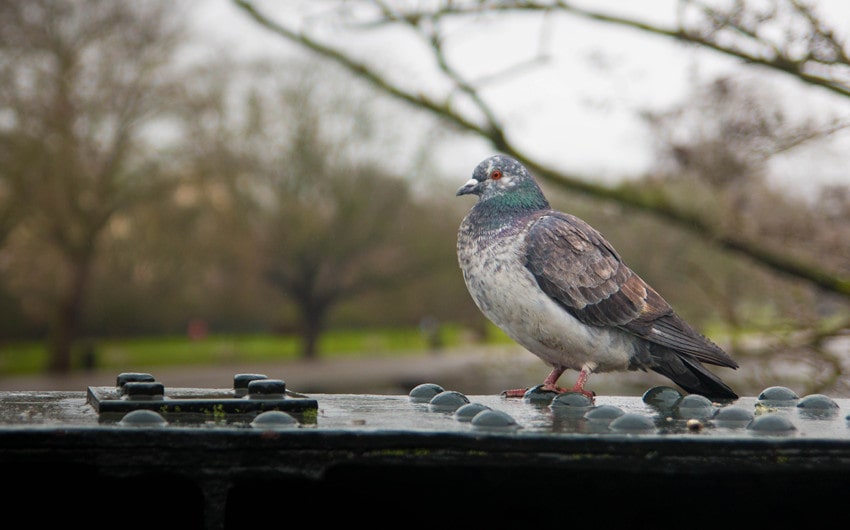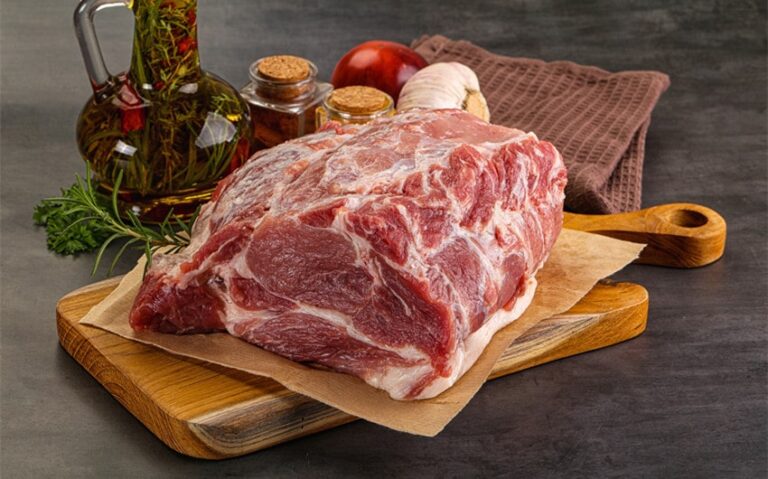From Droppings to Disease: The True Cost of Pigeon Infestations
Pigeons are often called the “rats of the sky,” and for good reason. While they’re a familiar sight in towns and cities, many people overlook the real problems these birds can cause. Far from being harmless urban dwellers, pigeons can wreak havoc on properties, health, and even your wallet. Let’s take a closer look at the true cost of pigeon infestations and why ignoring them could lead to much bigger issues.
Property Damage Caused by Pigeons
Pigeon droppings might seem like a minor annoyance, but they can cause severe structural damage over time. Their droppings are highly acidic, eating away at materials like concrete, metal, and paint. Left untreated, this corrosion can weaken rooftops, balconies, and even vehicles parked below.
Nesting pigeons also create problems. Their nests can block ventilation systems, chimneys, and gutters, leading to clogs and water damage. Worse yet, nests near electrical systems can pose a serious fire hazard, turning a simple pest problem into a potentially life-threatening situation. Incorporating natural pest control methods—such as using bird spikes, reflective objects, or peppermint oil—can help deter pigeons without relying on harmful chemicals. These eco-friendly solutions offer effective pest control while keeping your home safe from damage and fire risks.
Health Risks Associated with Pigeons
Pigeons aren’t just a threat to your property—they can also pose serious health risks. These birds are carriers of diseases such as psittacosis (commonly known as parrot fever), histoplasmosis, and salmonellosis. These illnesses can spread through contact with droppings, feathers, or even dust contaminated by pigeons. Click on the link to learn more about what disease are carried by pigeons.
In addition to disease, pigeons attract parasites like mites, fleas, and ticks. These tiny pests can easily spread to humans or pets, causing irritation and even more health concerns. Contaminated food or water sources also become a risk in areas with heavy pigeon infestations, particularly in communal or outdoor spaces.
Economic Impact of Pigeon Infestations
The financial costs of a pigeon infestation can quickly add up. Structural repairs from droppings and blocked gutters aren’t cheap, and cleaning pigeon waste often requires professional help. For businesses, the damage isn’t just physical. Unsanitary conditions caused by pigeons can drive customers away, impacting your reputation and revenue.
For homeowners, ignoring a pigeon problem can lead to long-term property devaluation. Whether it’s corroded roofs or stained exterior walls, the presence of pigeons can significantly lower your home’s market appeal.
Environmental Concerns
Pigeons thrive in urban environments, but their overpopulation can disrupt local ecosystems. Their droppings contribute to waste management challenges, especially in densely populated areas, and can harm plant life. Addressing these issues isn’t just about protecting property—it’s about maintaining balance in the environment.
The Broader Implications of Ignoring the Problem
Turning a blind eye to pigeons can lead to escalating issues. Over time, the damage they cause becomes harder—and more expensive—to fix. Health risks increase as droppings accumulate, and the presence of pigeons can make urban spaces less pleasant for everyone.
For businesses, ignoring pigeon problems can harm not just the premises but also your reputation. Customers associate cleanliness with professionalism, and a pigeon problem could send the wrong message.
Should a Bird Infestation Be Worrying During the Winter?
Do you suspect that you have a bird infestation? There are many reasons why birds can hang around your property during the winter. Generally, this is going to be seeking shelter and warmth. You might notice signs like noise and dropping on your property. However, most people tell you that a bird problem is only concerning when it’s during the spring mating months. So, should you really worry when it’s the winter? The answer is yes. A bird infestation can still pose a threat. Let’s take a look at why.
Damage to Your Property
Don’t forget that it doesn’t matter what time of year it is; birds can damage your property. This includes the roof or any ledges they might be using. This is why you don’t want to allow large gatherings to roost during the winter. They’ll continue to hang around and call your house their home, which leads to further damage. The repairs can be expensive.
Hazard to Your Health
Bird droppings are messy. Of course, if birds are staying at your home, you can expect to see a lot of dropping around the place. But, this isn’t just a mess. It’s also a danger to your health. You can catch serious diseases, such as histoplasmosis.
Nest Building Can Start
Yes, most birds start to build their nest during the spring. But, this doesn’t mean that you should forget about birds hanging around your home. You need to know that there are some species that start early and like to prepare for mating. This includes sparrows and starlings. They can be seen building their nests in winter, which could mean that your home is chosen as their ideal spot. Once this happens and it’s in use, you won’t be able to remove them because of the existing law in the UK.
Conclusion
Pigeons may seem harmless at first glance, but their droppings, nests, and habits can have a significant impact on your property, health, and finances. Proactively addressing infestations and taking preventive measures can save you a lot of trouble—and money—down the line.
Don’t wait until the problem spirals out of control. By investing in proper pigeon-proofing and maintenance, you’ll protect your home, health, and community from the true cost of pigeon infestations.






